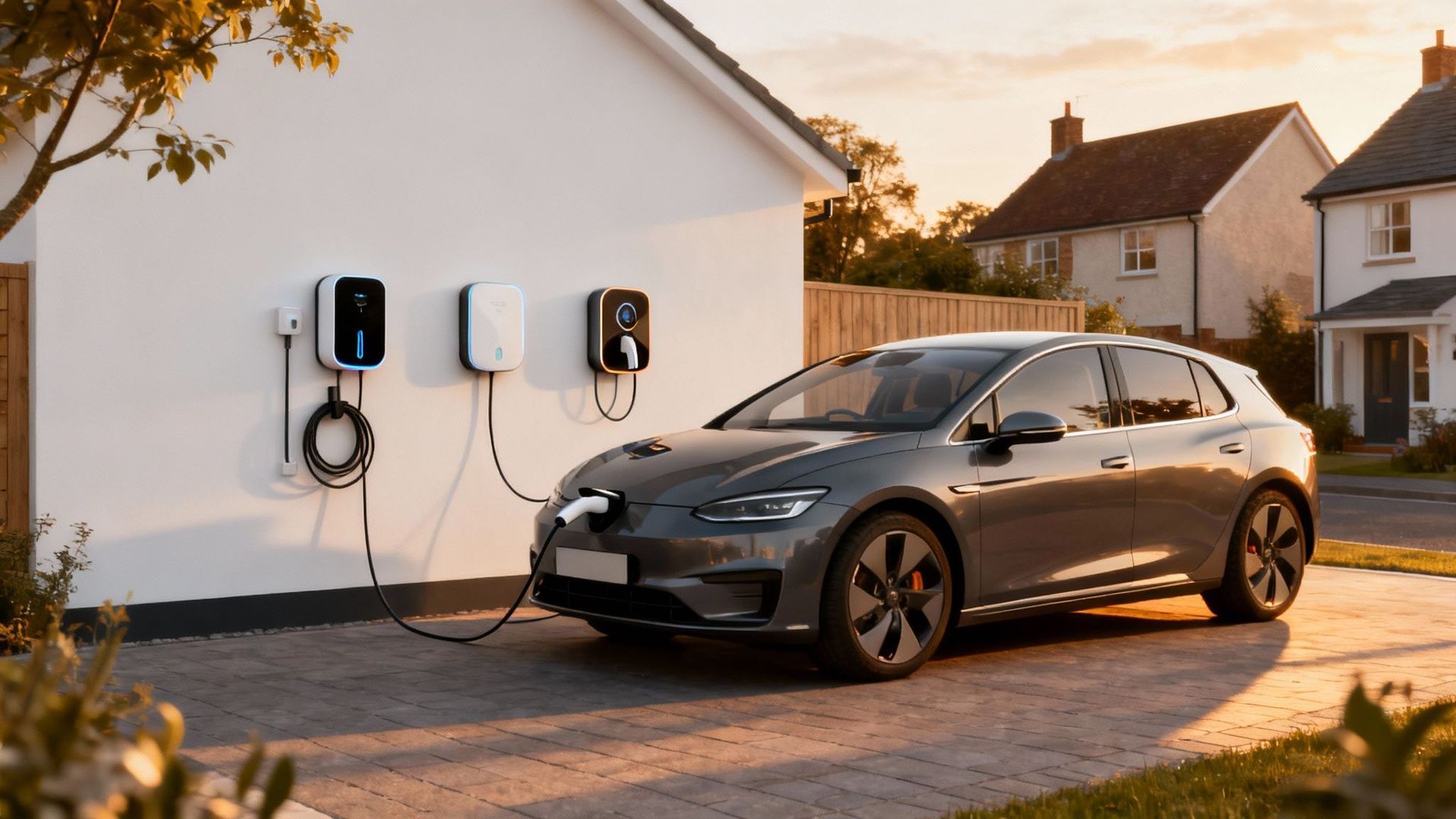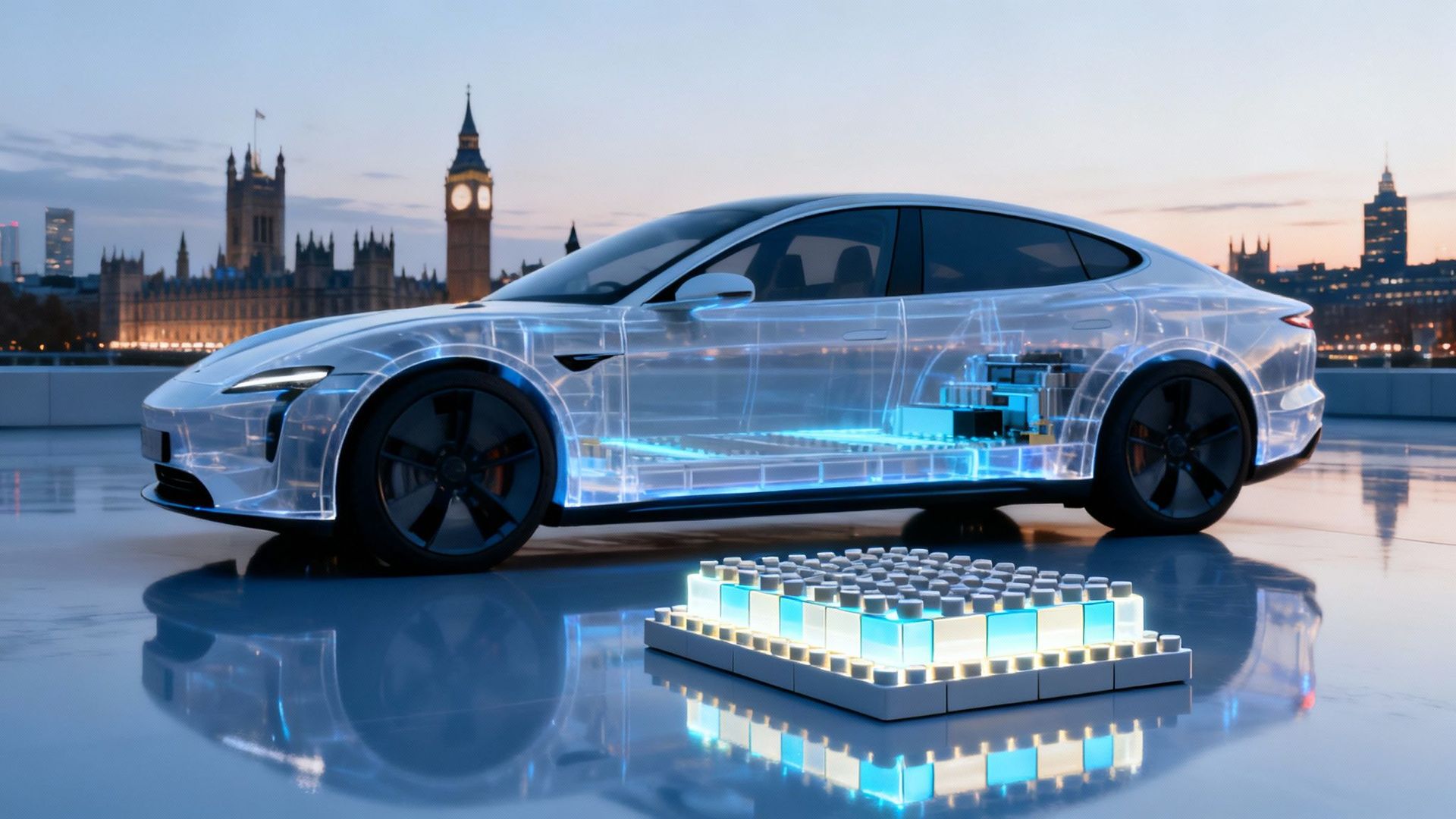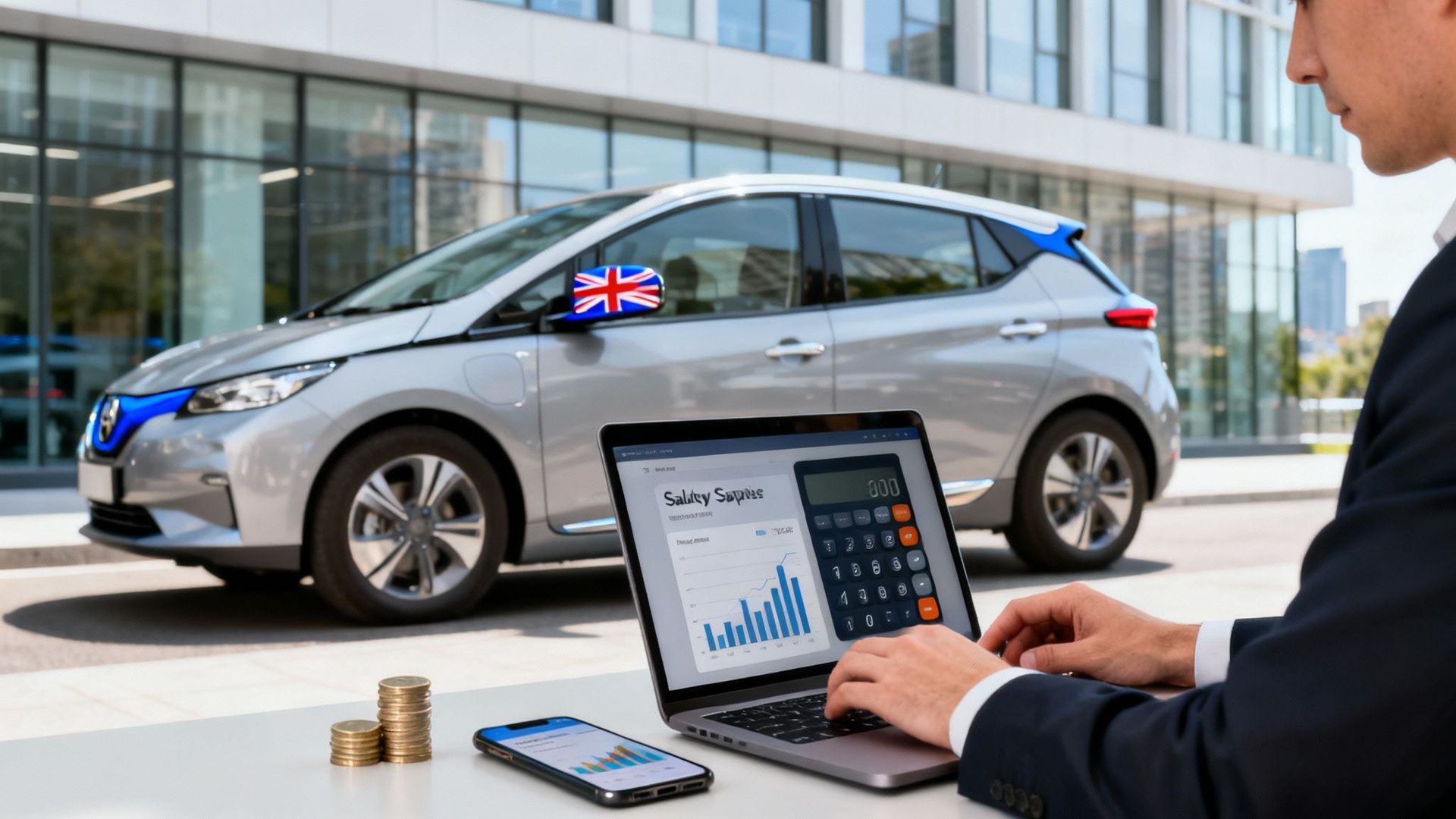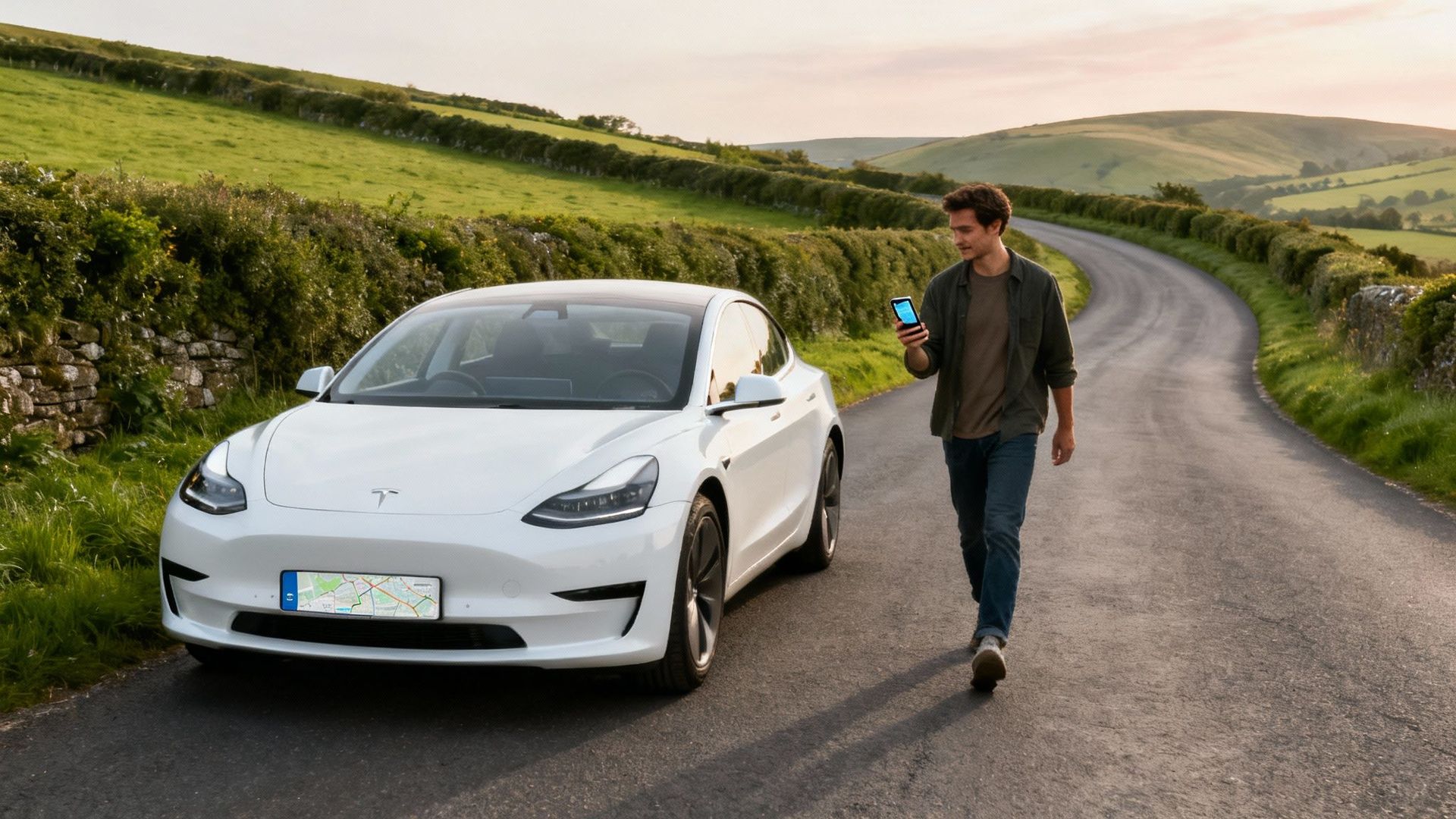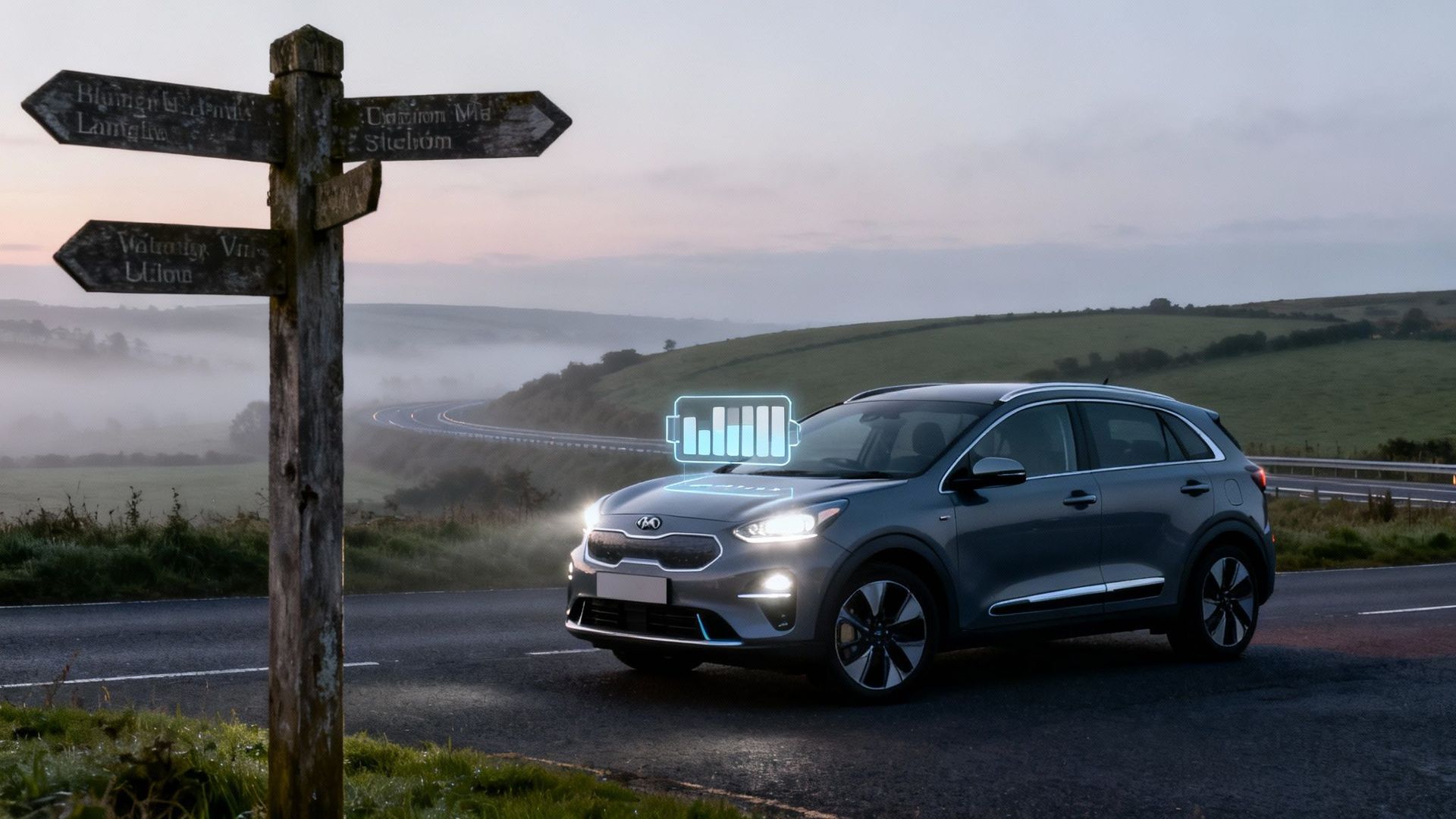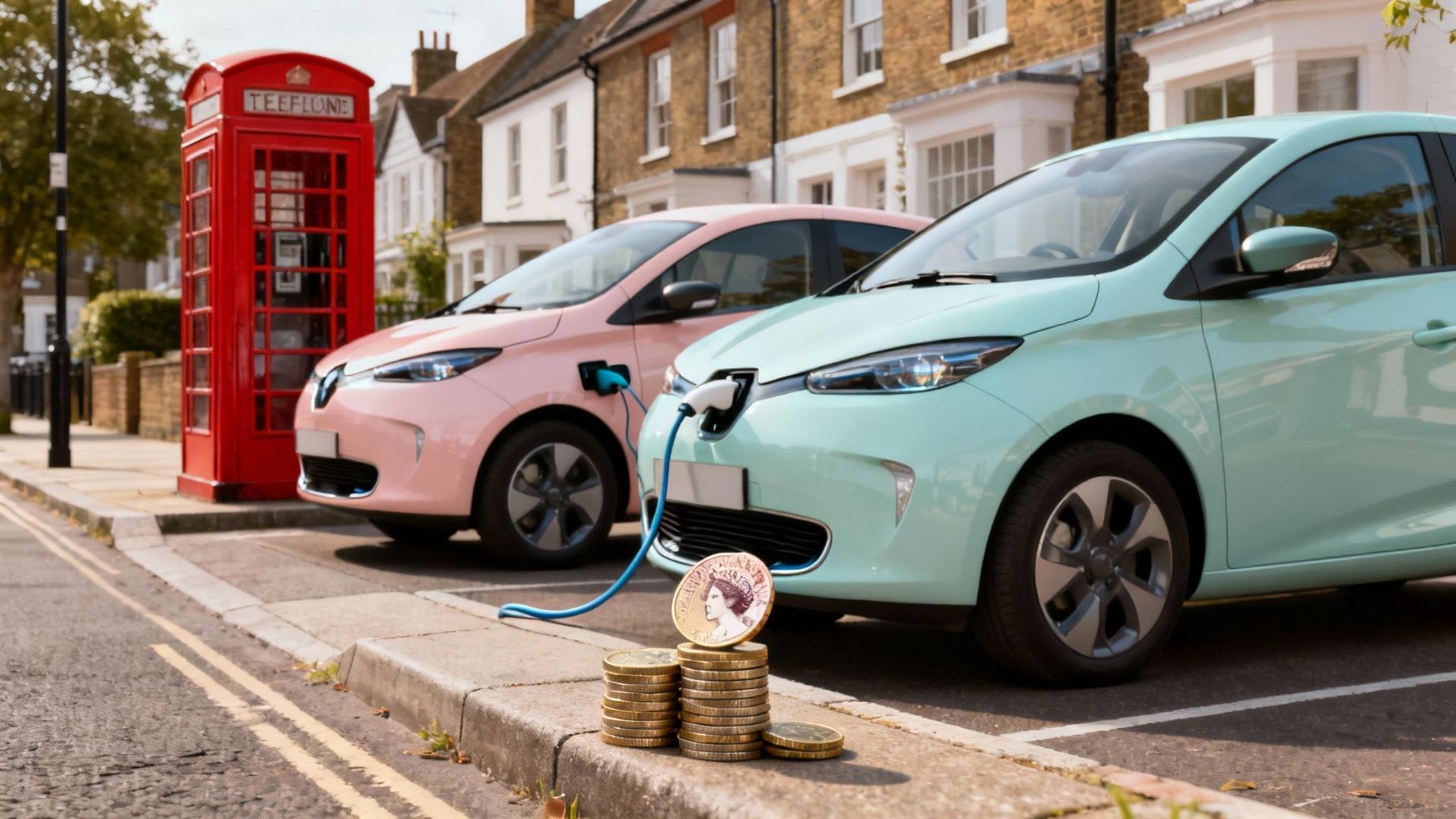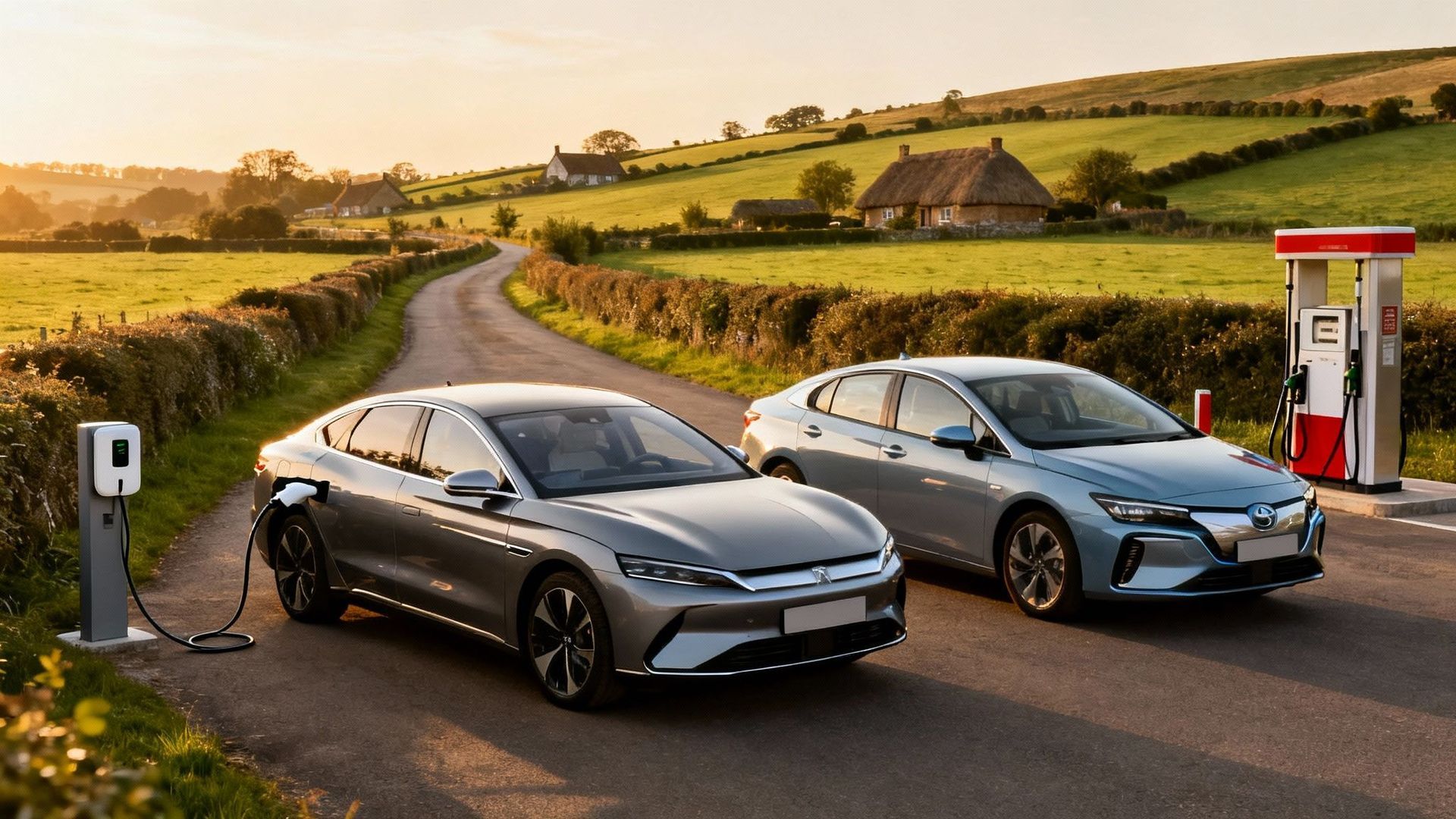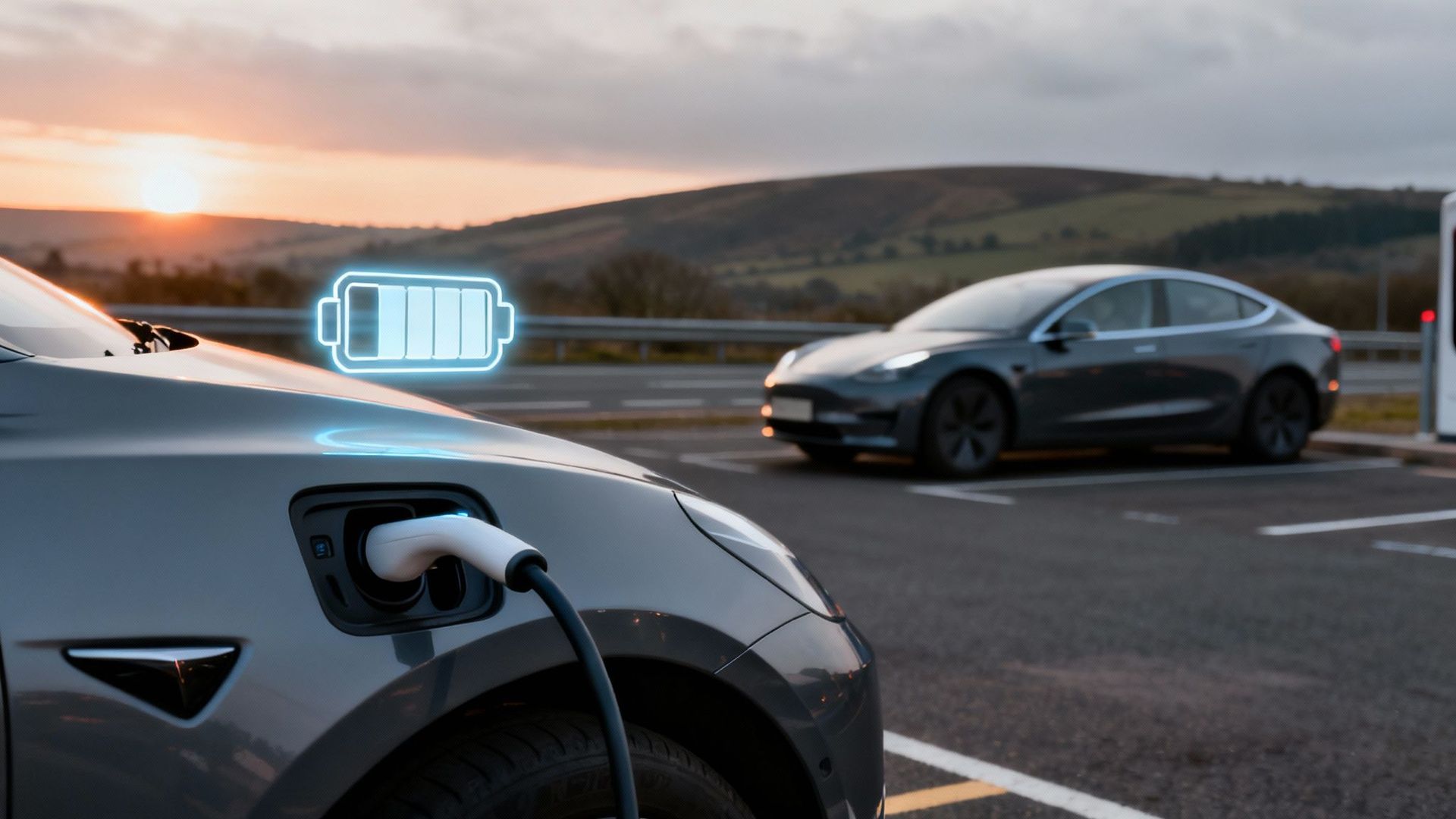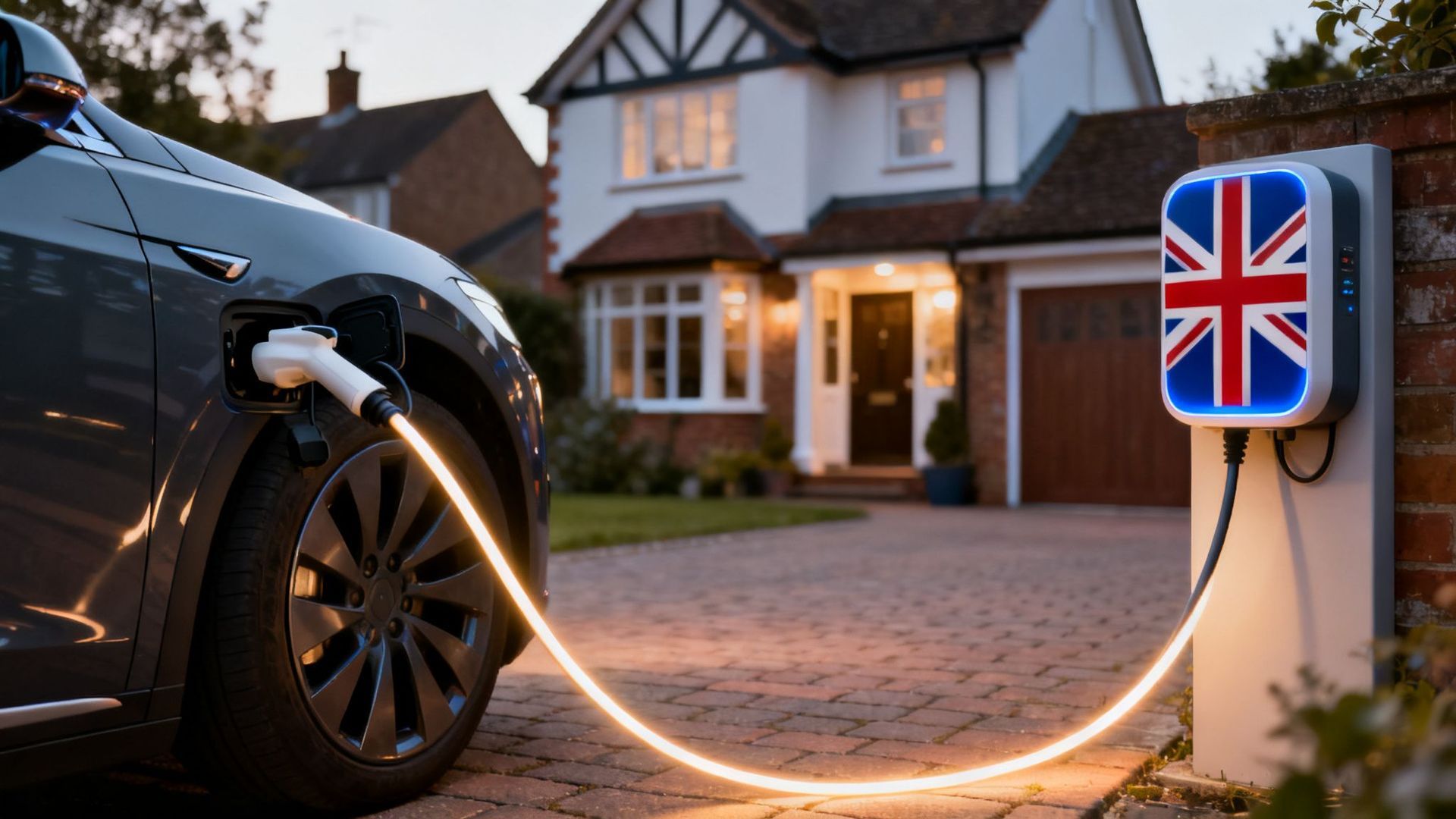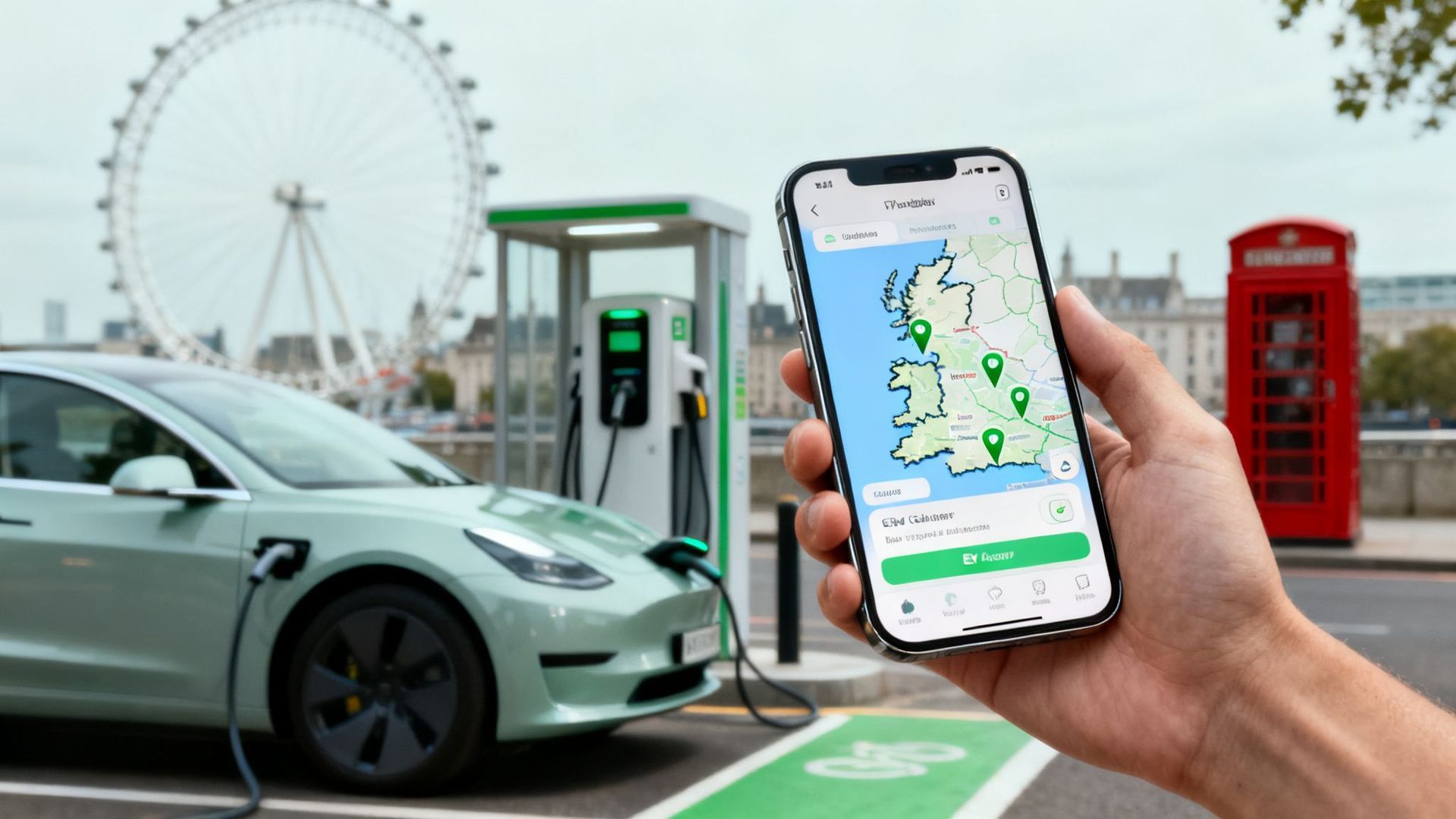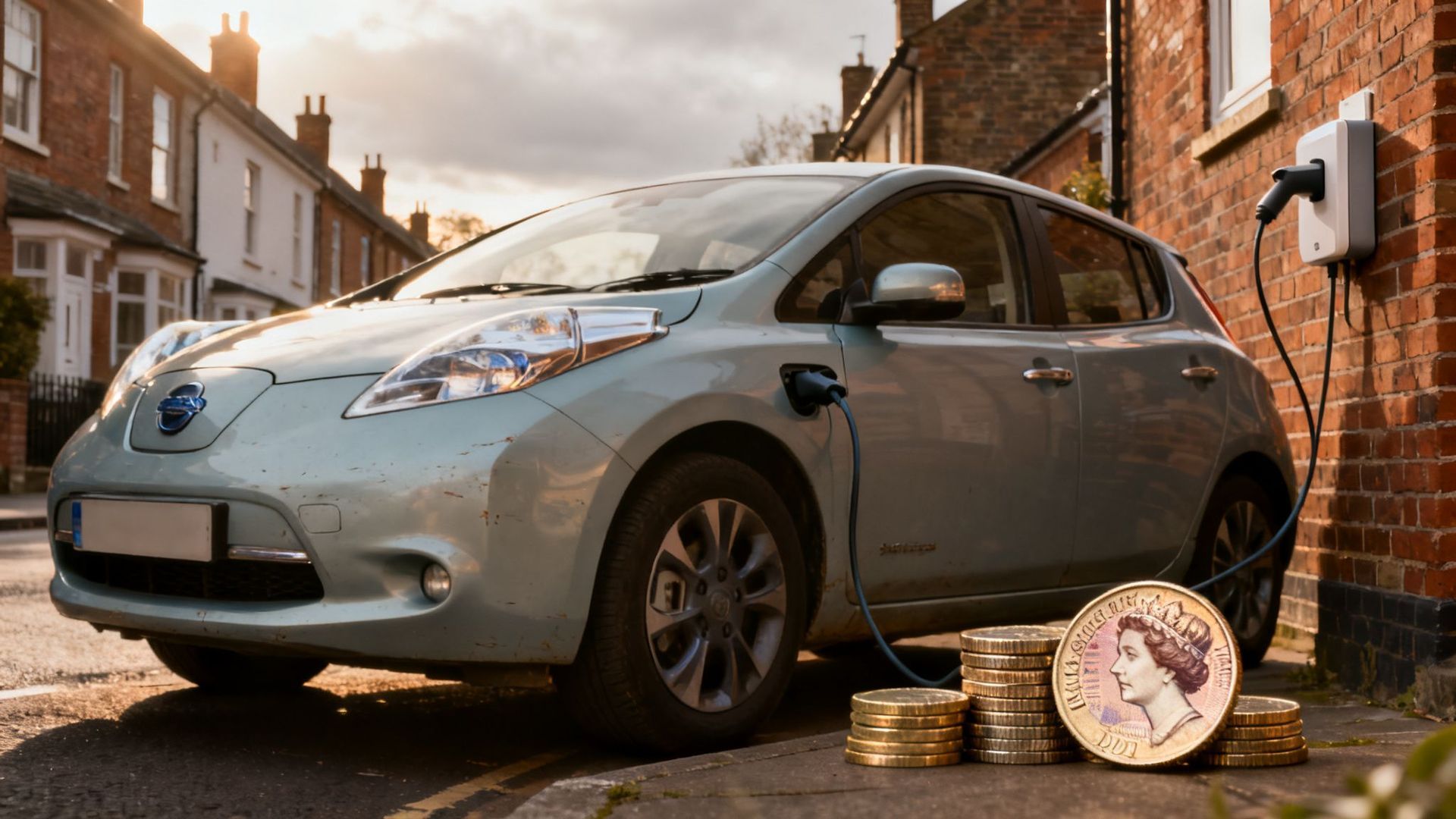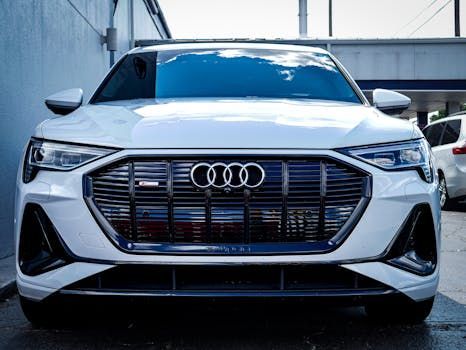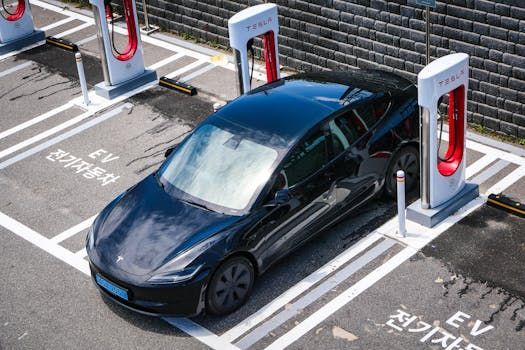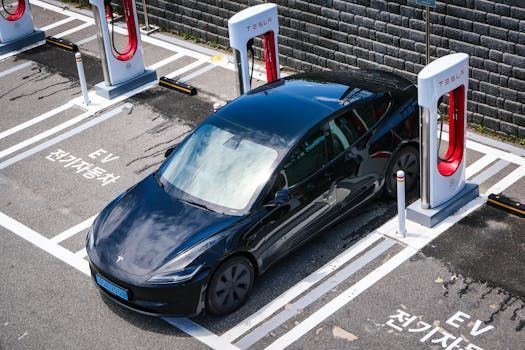Why More Drivers Are Leasing EVs Than Ever Before
Exploring the rise of electric vehicle leasing and its appeal for modern motorists

Electric vehicles are becoming ever more popular as drivers seek efficient eco friendly transport solutions. Alongside this surge in demand there has been a notable shift towards leasing rather than purchasing outright. For business owners consumers marketers and engineers alike it pays to understand why leasing EVs has become the preferred choice for many. Below we explore the key factors driving this trend and what it means for the future of electric vehicle leasing.
Lower Upfront Costs and Predictable Payments
Leasing an electric vehicle typically requires a smaller initial outlay compared with buying. Monthly EV lease payments often cover depreciation and warranty costs leaving drivers with a clear fixed expense each month. This predictable payment structure helps budgeting and financial forecasting while avoiding the steep capital investment that buying demands.
Access to the Latest Technology
Battery performance connectivity features and autonomous driving aids evolve rapidly in the electric vehicle market. Leasing allows drivers to upgrade to the newest models every few years. This means always benefiting from improved range faster charging and enhanced safety systems without the hassle of selling an older vehicle. For engineers and marketers this constant refresh can also provide valuable insights into emerging features and consumer preferences.
Warranty Coverage and Reduced Maintenance Risk
Most EV lease agreements coincide with the manufacturer’s warranty period. As a result drivers are shielded from major repair bills and unexpected service costs. Routine maintenance such as tyre replacements and brake checks is generally all that falls under the lessee’s responsibility. With battery warranties often extending to eight years or over 100 000 miles lessees enjoy peace of mind knowing that the most expensive component is protected throughout the lease term.
Flexibility and End of Term Options
Leasing contracts can be tailored to different mileage allowances and durations to suit individual needs. At the end of the term drivers may choose to return the vehicle lease a new model or even purchase the electric vehicle at its residual value. This flexibility appeals to fleet managers who need to scale capacity up or down and to private motorists who prefer not to commit to long‑term ownership.
Mitigated Depreciation Risk
Depreciation can be significant for electric vehicles as battery technology and incentive programmes evolve. By leasing drivers shift the risk of value decline onto the finance company. Residual values are agreed at the outset so lessees are not exposed to sudden drops in market price. This arrangement is particularly attractive for business owners managing large fleets who must account for changing residual car values in their balance sheets.
Environmental and Tax Advantages
Electric vehicle leasing can offer additional fiscal benefits in many regions. For businesses company car tax rates and capital allowances often favour low emission vehicles making an EV lease more tax efficient than a traditional car loan. Individuals may also benefit from reduced congestion charges or access to restricted zones. These incentives enhance the appeal of leasing an electric vehicle over buying.
Simplified Disposal and Remarketing
Handling the resale of used electric vehicles can be complex due to evolving battery health and shifting market demand. Leasing eliminates this burden for the driver. At lease end the finance company manages the remarketing process ensuring the electric vehicle is refurbished and sold or leased again under the most favourable terms. This operational simplicity makes EV leasing an efficient option for fleet operators and private users alike.
Conclusion
The rise in electric vehicle leasing reflects a convergence of financial convenience technological innovation and risk management. Lower upfront costs predictable monthly payments and protection against depreciation make leasing an attractive route for drivers keen to embrace electric motoring without the drawbacks of long‑term ownership. As incentives and infrastructure continue to improve leasing will remain a compelling way to drive the future of transport.

